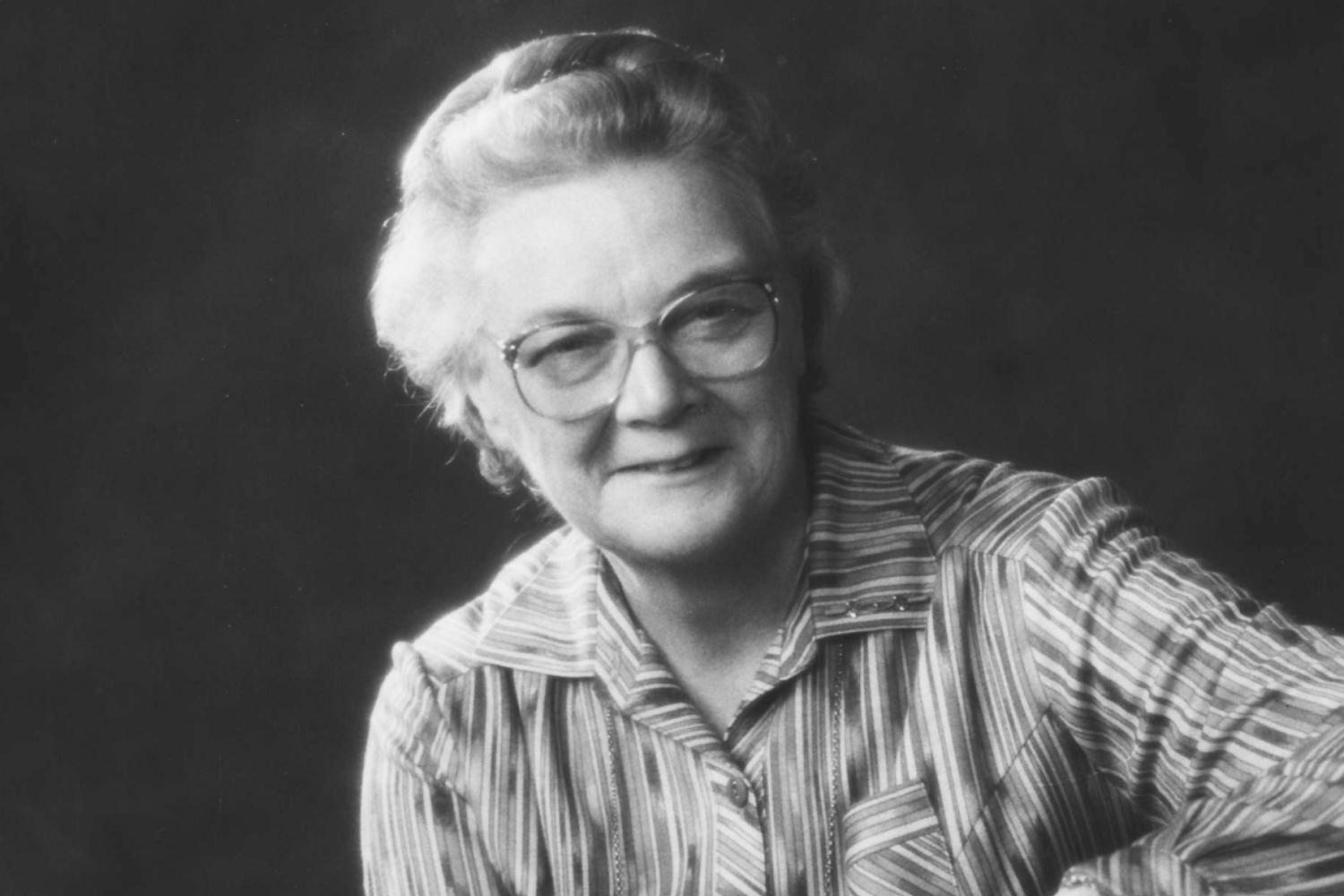
Introduction
The Weoley Warriors, a community sports initiative based in Birmingham, is increasingly gaining recognition for its vital role in fostering youth engagement and community development. Established to provide a positive outlet for local children and young adults, the Weoley Warriors offer a range of sporting activities that not only promote physical fitness but also enhance social skills and unity among participants. Such initiatives are essential in today’s society, where youth face various challenges, including social isolation and limited access to recreational facilities.
History and Developments
Founded in 2005, the Weoley Warriors began as a small football club aimed at involving local youths in sports. Over the years, the programme expanded to include a wide array of activities, such as basketball, boxing, and other team sports. Members of the community noticed the significant positive impacts on the youth, including improved self-esteem and a stronger sense of community. Recent events included a successful summer camp that attracted more than 200 local children, featuring training sessions, friendly competitions, and mentorship workshops conducted by former athletes.
Current Initiatives and Events
As the Weoley Warriors continues to grow, the organisation has launched various initiatives aimed at addressing the needs of the local populace. Collaborating with local schools and councils, they recently organised a ‘Community Sports Day’, inviting families to participate and engage with the activities offered. The event included sports competitions, health workshops, and information sessions on mental well-being – a crucial component of youth development. Furthermore, the Warriors have also worked on outreach programmes, targeting underprivileged areas, ensuring that sports and activities are accessible to all youths in Birmingham.
Future Outlook
Looking ahead, the Weoley Warriors aim to further enhance their services by introducing more activities and expanding their outreach programmes. The organisation plans to engage more volunteers, possibly integrating a mentorship programme where older participants can guide the younger ones, cultivating leadership qualities. Forecasts suggest that initiatives like those of the Weoley Warriors could significantly influence local society by fostering resilience and teamwork among youths, creating a more harmonious community.
Conclusion
The Weoley Warriors exemplify how sports can be a powerful vehicle for change, uniting young people from diverse backgrounds and forging lasting friendships. By continually adapting and responding to community needs, they stand as a beacon of hope for the younger generation in Birmingham. As urban communities face social challenges, initiatives like the Weoley Warriors will likely become increasingly vital in promoting positive change and enhancing the quality of life for future generations.
You may also like

Baroness Longfield: A Voice for Children in the UK

The People Lottery: Funding Community Projects in 2023

The Inspiring Legacy of Bradley Lowery
SEARCH
LAST NEWS
- Remembering Wendy Richard: The Promise to Co-Star Natalie Cassidy
- How Did Anglian Water Achieve an ‘Essentials’ Rating for Mental Health Accessibility?
- Shai Hope Leads West Indies in T20 World Cup Clash Against South Africa
- What We Know About Weston McKennie: Future at Juventus and Past at Leeds
- What We Know About the Upcoming Live Nation Antitrust Trial